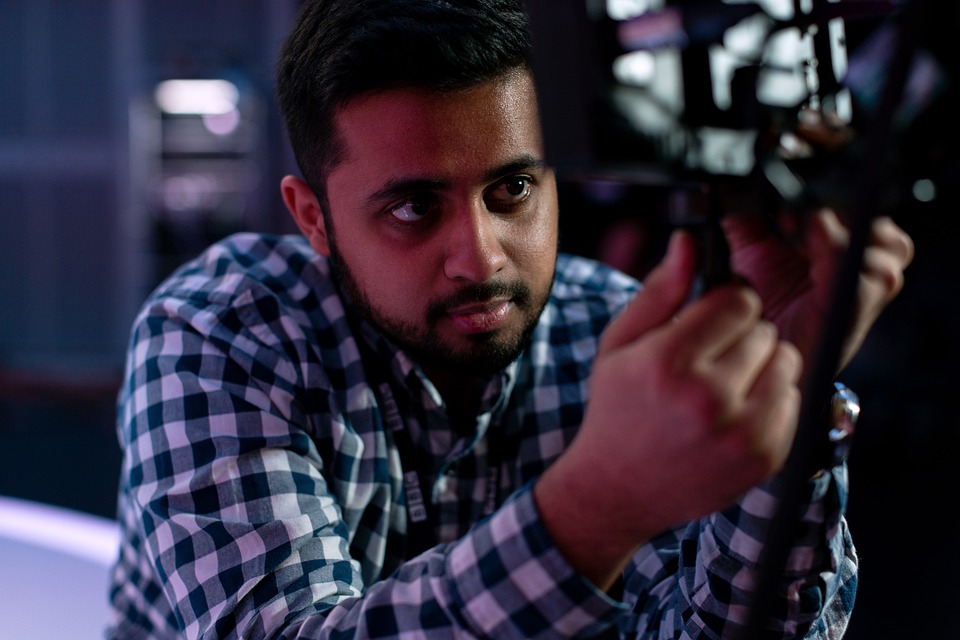Crafting a standout CV as a Broadcast Engineer in the UK can feel daunting, yet it’s your ticket to unlocking a world of opportunities in this dynamic industry. Your CV should not only reflect your technical prowess but also your unique personality and professional journey. Here’s how to create an impressive CV that truly resonates with employers.
1. Personal Statement: Your Unique Voice
Begin with a compelling personal statement that encapsulates who you are. This is not merely a summary of your skills but a snapshot of your career aspirations and what makes you tick. Consider including:
- A brief overview of your experience in broadcasting
- Your key skills and strengths
- What you aim to achieve in your next role
Make it engaging and reflective of your passion for the industry—this is your chance to shine!
2. Technical Skills: Showcase Your Expertise
As a Broadcast Engineer, your technical skills are paramount. Don’t just list them; demonstrate how you’ve applied them in real-world scenarios. Categories to consider might include:
- Audio Engineering: Discuss your experience with sound mixing and equipment.
- Video Production: Highlight your proficiency with editing software and camera operations.
- Transmission Technology: Showcase your understanding of digital broadcasting and network infrastructure.
Be specific. Mention particular tools and technologies you’ve mastered, and quantify your achievements wherever possible to add weight to your claims.
3. Professional Experience: Tell Your Story
When detailing your work history, adopt a results-driven approach. Rather than simply stating job titles and responsibilities, frame your experiences in terms of achievements. For example:
- Role: Senior Broadcast Engineer at XYZ Studios
Achievements:- Led a project that reduced transmission downtime by 30% through innovative troubleshooting techniques.
- Collaborated with a team to launch a new channel, increasing viewer engagement by 25%.
Using bullet points helps keep this section clear and digestible. Focus on what you contributed and the impact it had on your team and the organisation.
4. Education and Certifications: Build Your Foundation
Your educational background is essential, especially in a field that’s constantly evolving. Include:
- Relevant degrees or diplomas (e.g., BSc in Broadcast Engineering)
- Professional certifications (e.g., IP Networking, Digital Video Production)
- Continuous professional development courses
Highlighting ongoing learning shows your commitment to staying ahead in the field, which is crucial in the fast-paced world of broadcasting.
5. Additional Sections: Make it Personal
Consider adding sections that reflect your personality and interests. These might include:
- Projects: Any freelance or personal projects that highlight your skills.
- Volunteer Work: Involvement in community radio or local broadcasting initiatives.
- Hobbies: Relevant interests, such as filmmaking or music production, can demonstrate your passion and creativity.
These details can set you apart from the competition, providing a fuller picture of who you are.
Your Next Steps
As you finalise your CV, ensure it’s impeccably formatted and free of errors. Tailor it for each application, aligning with the job description and company culture. A well-crafted CV will not only showcase your qualifications but also reflect your enthusiasm for broadcasting.
Remember, CVPortal continues to bring you a wealth of high-quality CV references, helping you navigate your career journey with confidence. Your dream role in broadcasting is just a CV away!

